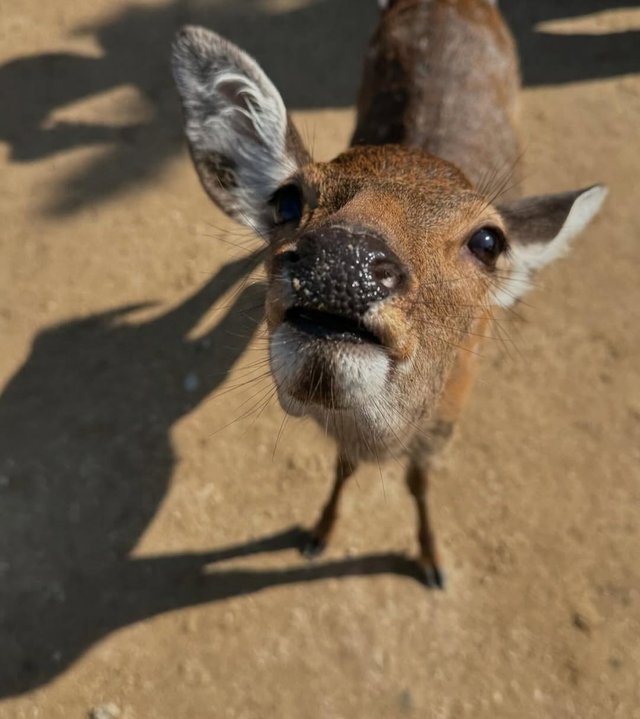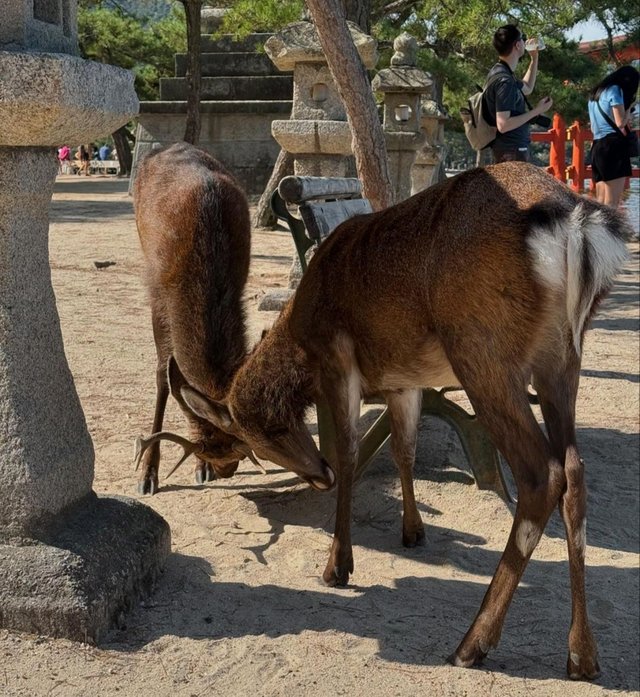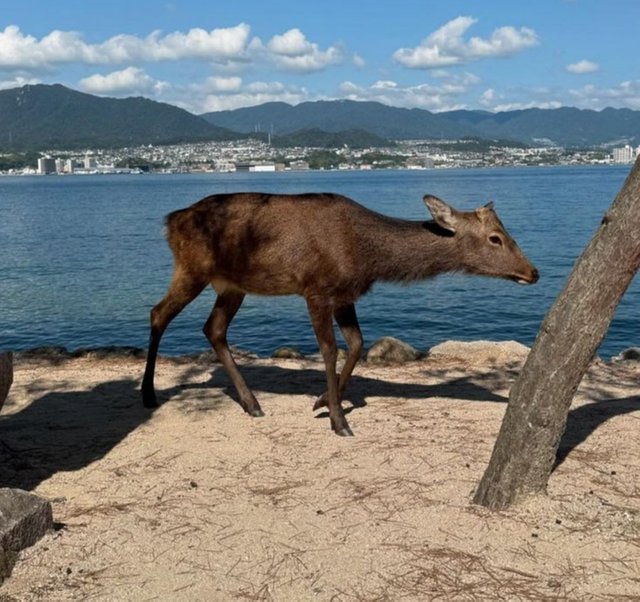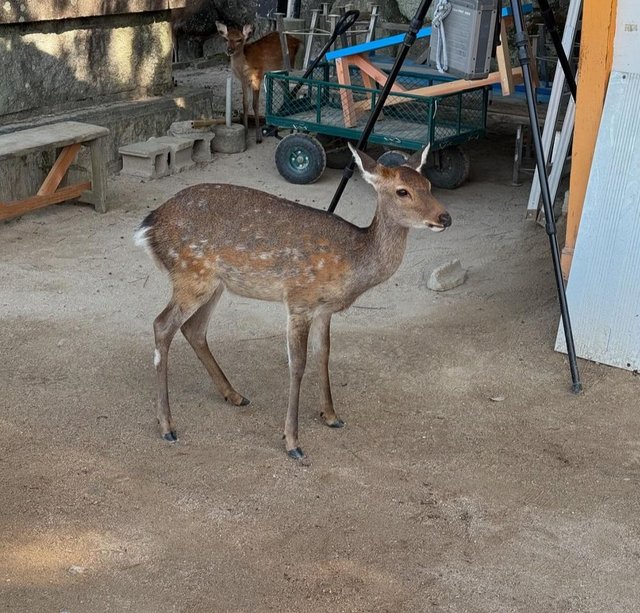So Cute Sika Deer Animal
The Fascinating World of Sika Deer
Sika deer, also known as the spotted deer or Japanese deer, are among the most captivating members of the deer family. Native to East Asia, these animals are celebrated for their graceful appearance, adaptability, and cultural significance. Let’s explore the biology, habitat, behavior, and importance of this remarkable species.
Physical Characteristics
Sika deer are medium-sized deer, with adults typically standing 50–110 cm at the shoulder and weighing 30–70 kg. Their coats are most striking during the summer, displaying a reddish-brown hue adorned with white spots. This pattern fades or disappears entirely in winter, with the fur turning a darker brown or gray to blend with the environment.
One of the defining features of male sika deer is their antlers. Males grow antlers annually, which can have up to four tines on each side. These antlers play a vital role during the mating season, as stags compete for mates by sparring with other males.
Natural Range and Habitat
The Sika deer is native to regions of East Asia, including Japan, Korea, China, and parts of Russia. Over time, they have been introduced to other parts of the world, such as Europe, New Zealand, and North America, where they have adapted remarkably well.
Sika deer are highly adaptable and thrive in various habitats, including forests, grasslands, wetlands, and mountainous regions. They are particularly fond of areas with dense vegetation, which provides both food and shelter. In places where their populations are high, they have shown resilience to urban environments and human activities.




